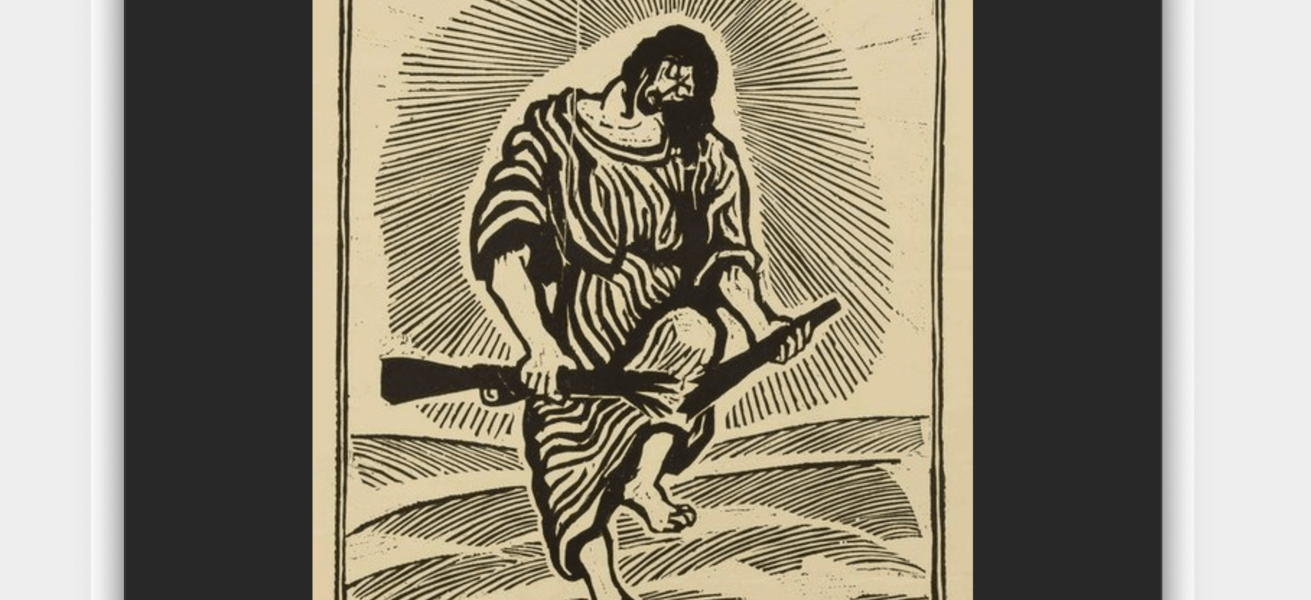World Religions class is fun for me right now, although I still worry that the students may be bored with my lecturing for over an hour with little interruption.
(Advice/suggestions on how to make this class more interactive in the classroom would be welcome!)
I talked about different psychological and anthropological theories of religion on Tuesday. I was concerned going into the class that I would move so quickly through the material I had prepared that I would run out of things to say; in fact, I spent so long talking about anthropological theories of religion that I had less time at the end of class for a discussion (on a separate topic) than I had planned.
Today we started talking about Hinduism. I worry that I might be cramming too much information into the time we have; but I don't know how to decompress without just talking more slowly (I hope I'm not speaking too quickly, although I know I tend to do that when nervous in presentations, in general).
I've been reading through some personal reflection essays I assigned based on some of the introductory chapter material. I asked for (1) examples of the "sacred" and the "profane" from their own experience, (2) examples of rituals and/or rites of passage in their own experience, (3) examples of how their religious culture was patriarchal (or not), and (4) examples of how organized religion can be negative, and/or how it can be positive.
This has made for interesting reading. I have found out that many of my students are from a Catholic background. I wonder if that says something about the relatively lower percentage of Protestant students at UT, or if it says something about the higher interest level in studying other religions among Catholic students. I still only have one Jew, one Muslim, and one "other" (perhaps Sikh? I'm not sure).
It's interesting to read different students' perspectives on their confirmation and first communion, which is what most of them use as examples of rituals/rites of passage. I have had two or three (female) students write that they had not thought about whether their religion was patriarchal or not, but now they can see many ways in which it is definitely patriarchal. I'm pleased to have raised awareness of this issue!
While there is no right or wrong for any of the opinions expressed in these essays (although there might be better and worse examples), I sometimes get interesting responses. One student identified the elements of the Eucharist as "sacred" and the Bible as "profane", because the Bible is "worldly", and almost everyone knows what the Bible is about. Another student betrayed a bit of biblical illiteracy, referring briefly to loving your neighbor as yourself as one of the Ten Commandments.
I was also tutoring a Logic student today (something I don't do that often, because students don't ask!) and found myself wishing that I had used a certain method of illustration in class to explain logical possibility/impossibility in the context of defining validity and invalidity. I can do this later, but the students will be taking an exam before I see them again in person. :(
I am *very* upset with my Logic book publisher (Thompson, now Cengage). They charge the students $103-$123 for this book, which comes with all these nice online tutorial features (nice trick, that, switching from a packaged CD to a website that you have to buy year-by-year access to, so that you can't sell your CD with the book to the next student!), as well as instructor helps like homework problems and tests that are automatically graded. But they have not responded to any of my several requests for instructor access to their website!! Grrr.
Ah, well.
------
"He Himself is our Peace." (Eph 2)
Thursday, January 17, 2008
World Religions Class
Subscribe to:
Post Comments (Atom)





No comments:
Post a Comment